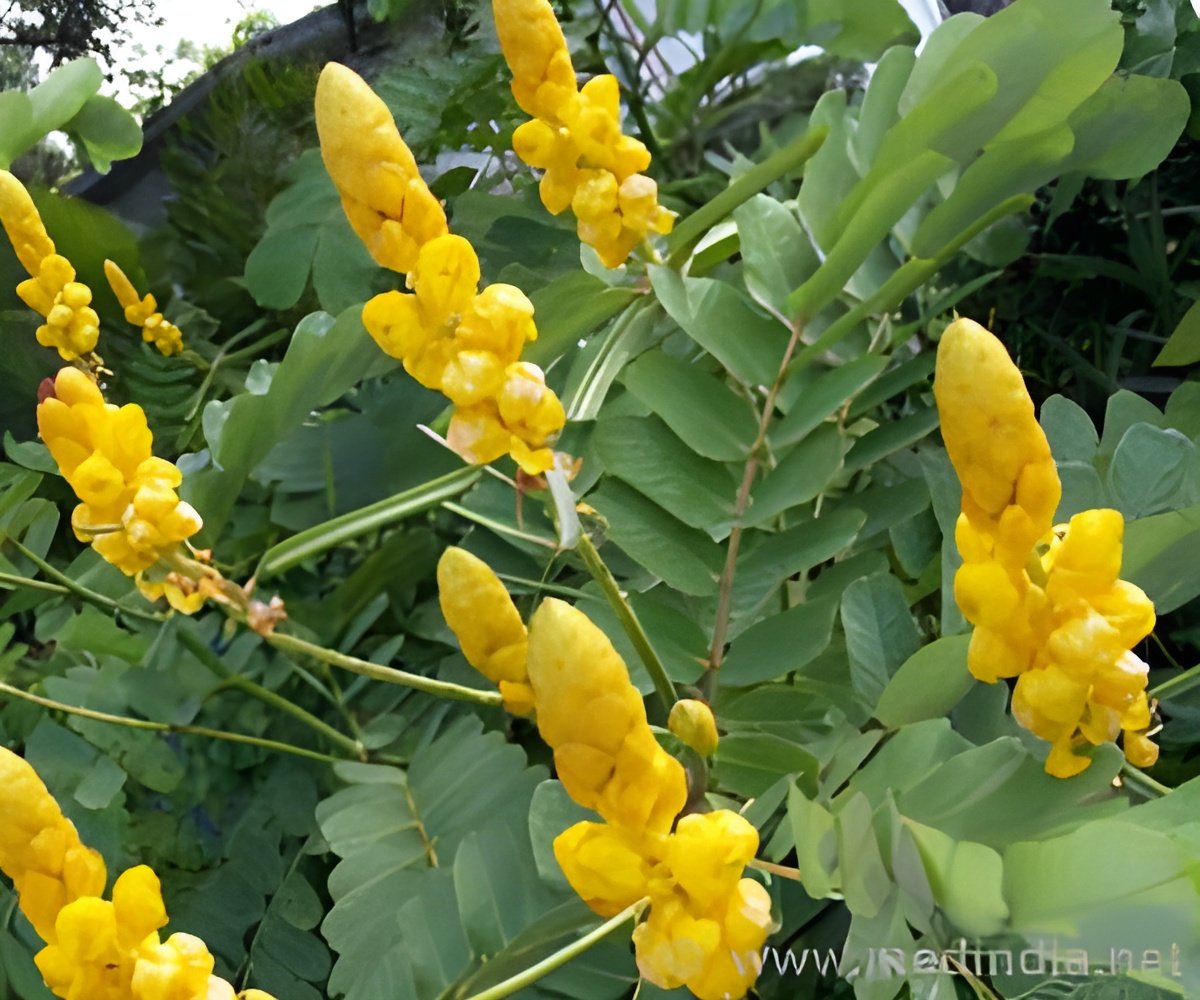Cassia auriculata and Cassia alata plants from South East Asia was found to have anti-diabetic properties and could help tackle obesity as well, say researchers.

The former normally affects children, while type 2, which is most common in adults, (often diagnosed later in life) can be managed by diet, exercise and weight loss to some extent.
The group had previously hit upon a constituent called kaempferol 3-O-rutinosidehe from the extracts of one of the plants which was proven to be eight times more potent than the standard anti-diabetic drug acarbose.
The researchers have also identified anti-oxidant properties of the plants which aids in diabetes treatment.
"Our other most interesting finding is that many of the active ingredients from the Cassia auriculata plant work through a process called 'synergism' -- in other words, they work together to produce an effect greater than the sum of their individual effects," says Dr Solomon Habtemariam of the research team.
Source-IANS















